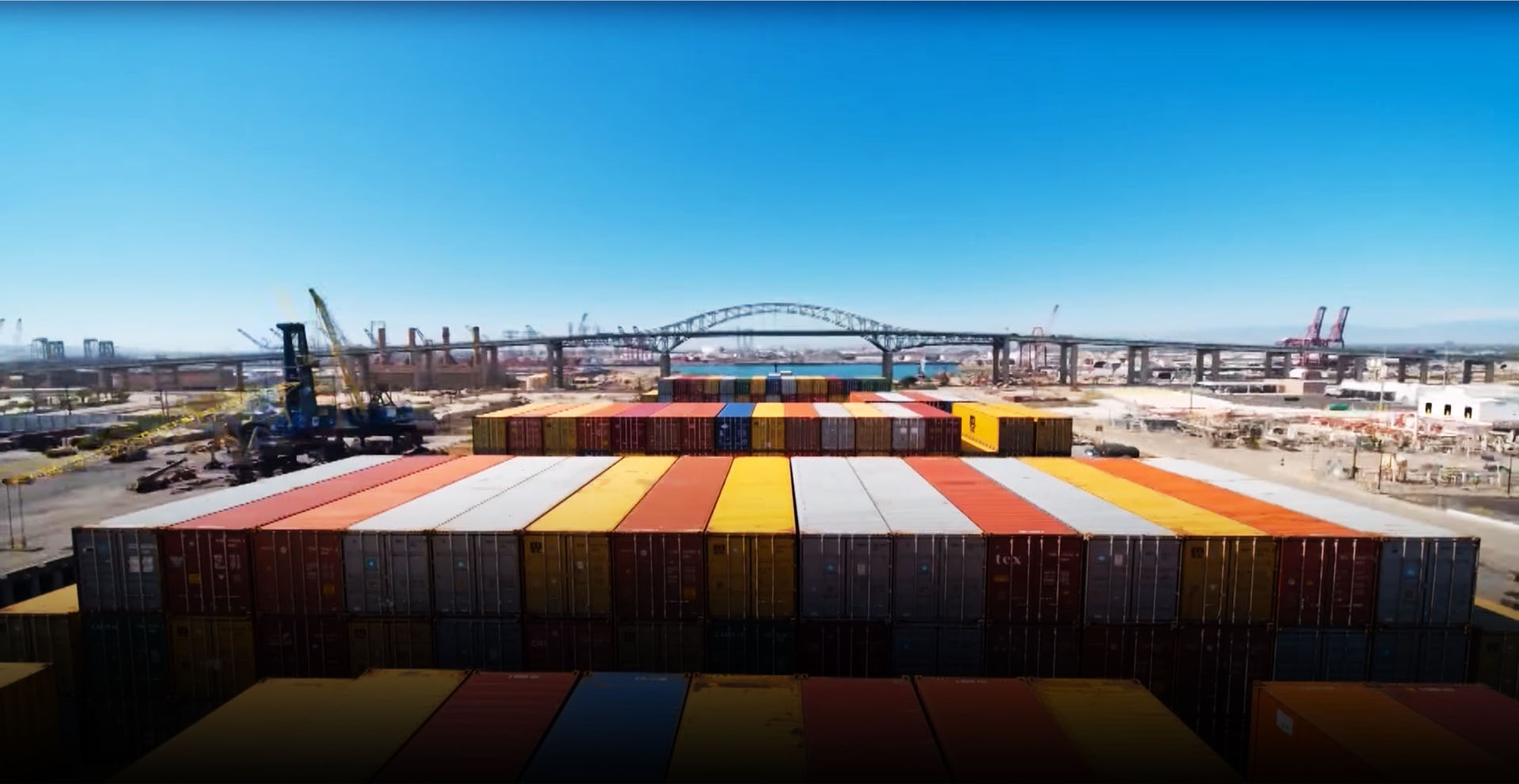Research Projects
Stop the VideoResearch Projects


STATUS: Complete
YEAR: 2018
TOPIC AREA: E-commerce and urban freight Freight logistics and optimization
CENTER: PSR
Spatio-Temporal Analysis of Freight Patterns in Southern California
Project Summary
Project number: PSR-18-22
Funding source: Caltrans
Contract number: 65A0674 Task Order 007
Funding amount: $34,975
Funding amount: $34,975
Performance period: 2/1/2019 to 1/31/2020
Link to final report on eScholarship: https://escholarship.org/uc/item/1259f9s1
Link to research brief on escholarship: https://escholarship.org/uc/item/2h29004j
Link to project data: https://doi.org/10.25338/B8X030
Project description
There has been a general trend to shift the location of warehouses and distribution facilities away from consumer markets (logistics sprawl) in Southern California. This shift has a negative impact on logistics cost (though with reduced facility costs) and the environment because freight vehicles have to travel longer to reach their destinations. However, during the last decade, this trend has not continued at a uniform pace, and it may have even reversed. Two main factors potentially explain this phenomenon: the 2008-2009 economic slow-down or recession, and an increase in e-commerce activity. E-commerce impacts are relevant for freight planning because of the many operational changes they require: changes in vehicle size to distribute smaller shipments at higher frequencies, consumer proximity requirements to improve delivery times, and the redistribution of freight activity and supply chain configurations.
This research conducted spatio-temporal analyses of Caltrans Weigh-in-Motion data to validate some of these assumptions. There is evidence that during 2003-2015, short-haul volume has increased by 69%, whereas long-haul volume increased by 59%. The analyses identified changes in concentrations of trip flows by vehicle class, evidencing changes in long-haul versus last-mile distribution patterns. The results can help estimate changes in vehicle miles traveled, and more importantly, can identify the geographical areas of the most impacted communities.
P.I. NAME & ADDRESS
Miguel JallerAssociate Professor of Civil and Environmental Engineering
Institute of Transportation Studies
2001 Ghausi Hall, Room 3143Davis, CA 95616
United States
mjaller at ucdavis.edu















